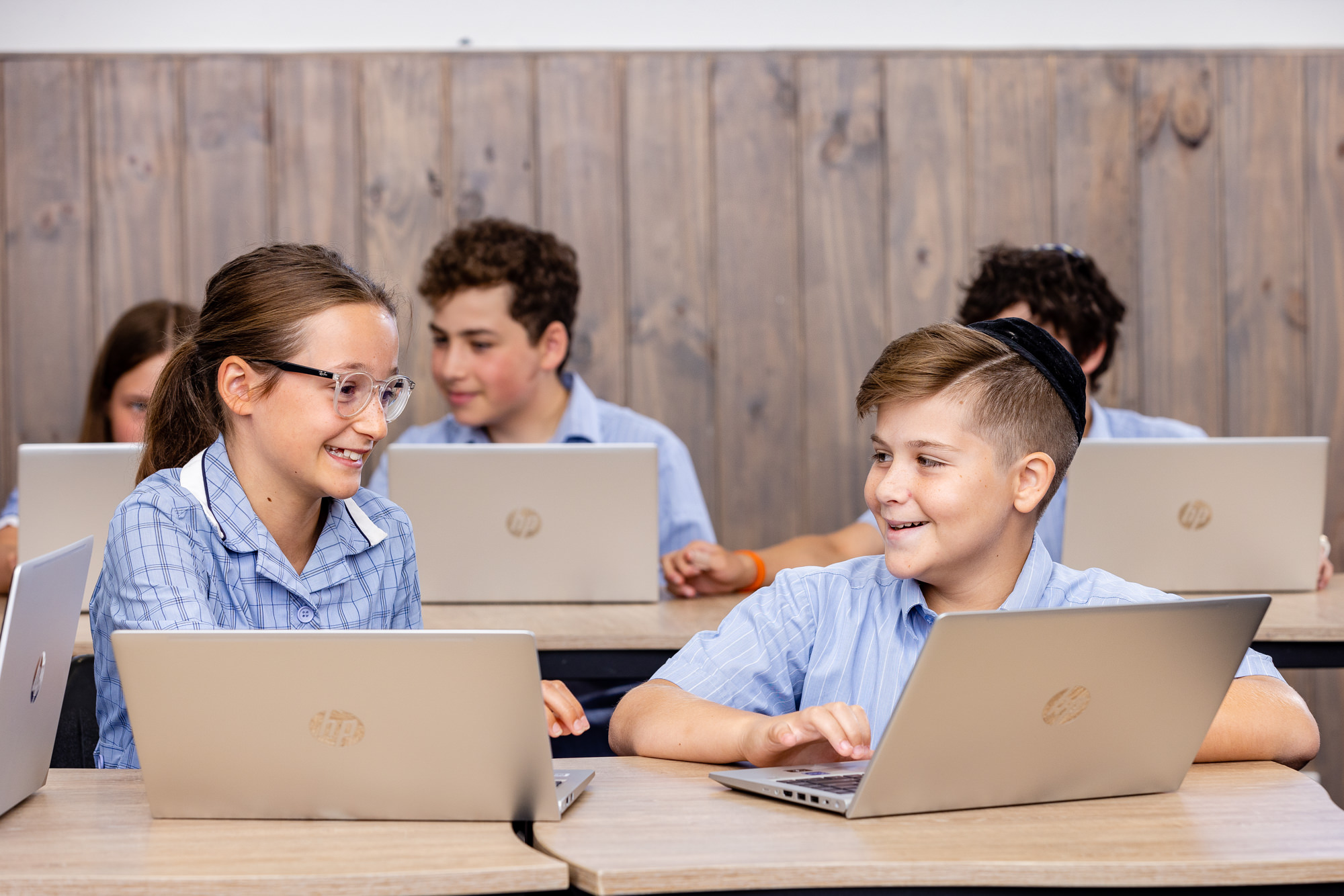
13 Feb Resilience, Independence & Organisation by Rachel Kolber – Head of Education Support (Years 7, 8 & 9)
Throughout the holidays I read numerous articles about how ChatGPT is going to change the educational landscape. How will teachers and schools respond to technology that can formulate an entire laboratory report, analyse a historic source or compose poetry?
However, when I ran into parents, this wasn’t the challenge causing them most concern. While content and assessment are extremely important factors in schooling, it is the resilience, independence and organisation skills necessary for academic success that will be used more frequently as essential life skills.
As adults, we are rarely asked the difference between meiosis and mitosis, however, we use ICT skills, time management and communication skills daily. The majority of parents that I spoke to over the holidays voiced a desire for these keys to success to be taught more explicitly.
With this in mind, Avigail Wonder, Natalie Flamm and myself wrote workshops to help both students and teachers effectively set up and use several important organisation and communication tools. Every student in secondary did this workshop on their first day of school.
Students were shown how to use File Explorer to create a digital locker. These are organised folders used to save any files they create and any files sent by teachers. They were also introduced to Yavneh’s 2023 digital diary. All school events, homework and meetings will now be recorded in Outlook. Making entries in the digital diary was modelled for students and teachers will continue to oversee its regular use.
Next, students were shown how to download both Compass and Outlook on to their personal devices such as phones and iPads so that they can always access their timetable, diary and school emails. Leaving a computer at school or uncharged is not a valid excuse for being uninformed or unprepared. This mirrors the ‘real world’ where all essential information and services are web based.
Our workshops also spent time on email etiquette. We focused on the use of polite and considerate language when writing to teachers, the difference between a formal communication with an adult and an informal text to a friend and the importance of thanking people for their time and effort. Students were also reminded that while they may email a teacher out of school hours, this is in fact private time for staff and they may not be available to answer immediately. Therefore, students should not leave requests for help or for extensions until the last minute.
Time was spent on several other organisation and communication tools and I urge all parents to discuss these workshops with your children. You probably use a lot of these systems in both your work and private lives. This link to the real world will help reinforce the importance of these skills to your children.
Education is never static, it evolves, responding to changing values, developments and challenges. While the structure of lessons and assessments may alter due to emerging technologies such as Chat GPT, the parental desire to see their children become resilient, organised, independent individuals is timeless. As a school, we have exactly the same wish for our students and are always striving to help them achieve these goals.




